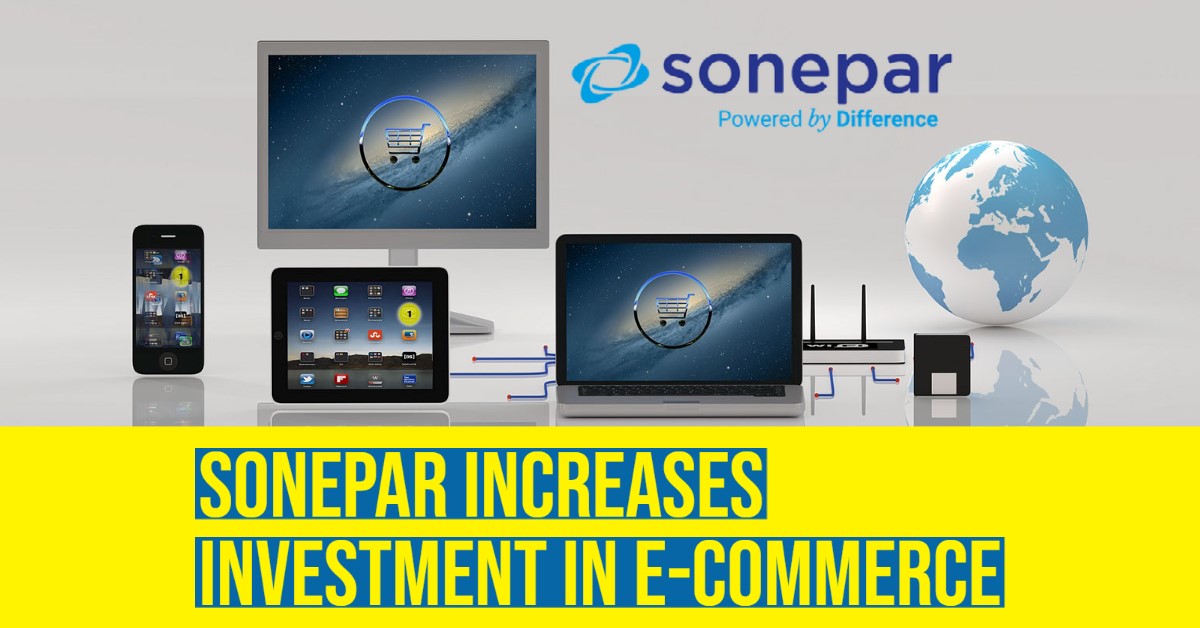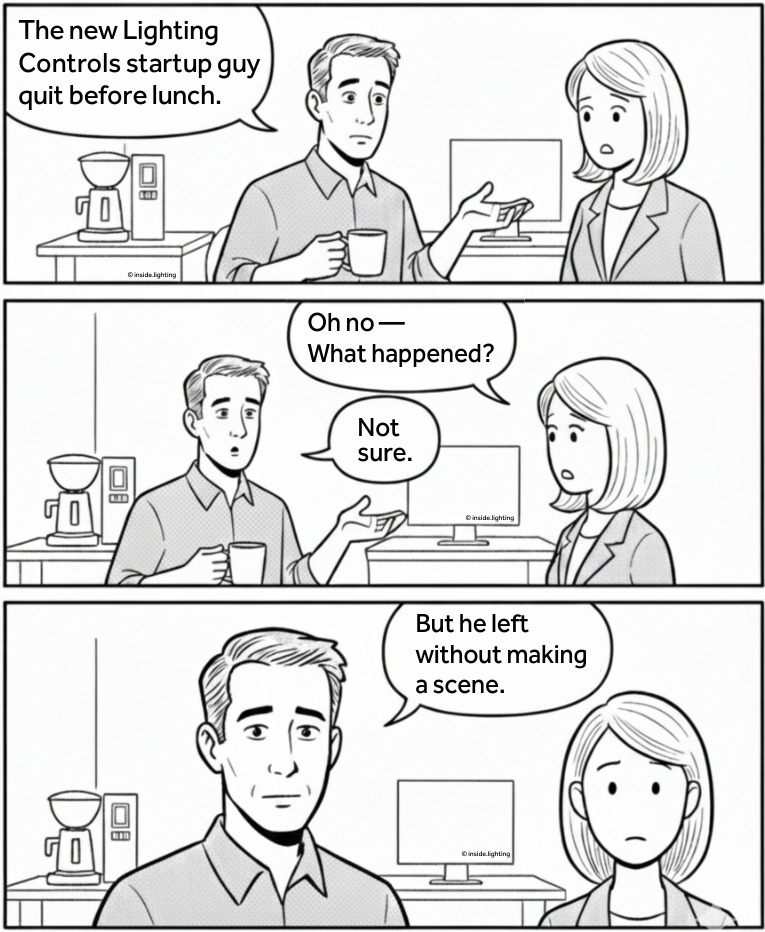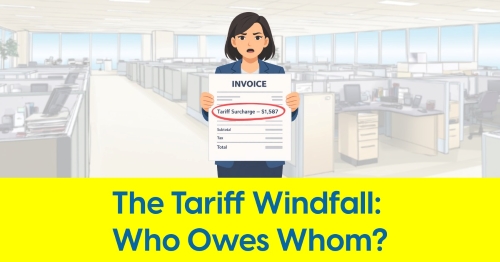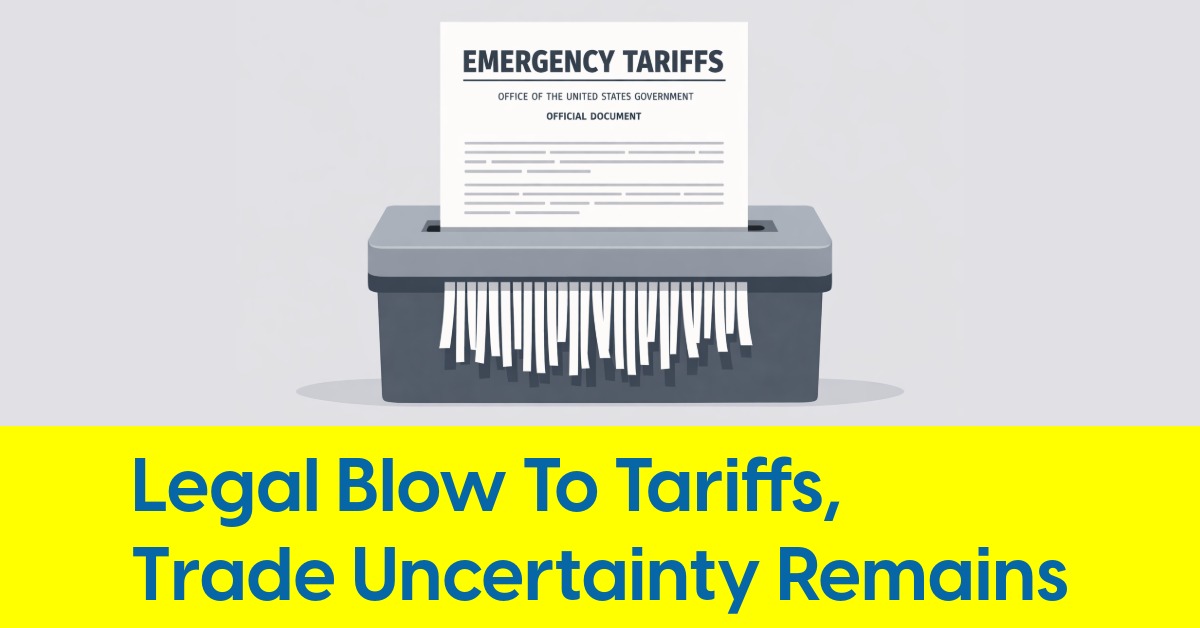April 25, 2022
Sonepar Increases Investment in E-Commerce

Author: David Gordon, Electrical Trends
World's largest electrical distributor pursues "omnichannel strategy" with new partnership
Sonepar, the world’s largest electrical distributor with 2021 sales of $28.8 billion dollars (USD), announced that Sonepar France will be expanding of its eCommerce initiative and what it calls its omnichannel efforts. They announced that they will be launching a marketplace.
Sonepar’s press release included the following:
“Sonepar, an independent family-owned company with global market leadership in B2B distribution of electrical products, solutions and related services, is pursuing its omnichannel strategy and has entered into a partnership with Mirakl, the world’s leading provider of marketplace software solutions, to develop the first B2B electrical supplies distribution marketplace in France."
"Through the development of this innovative eCommerce platform – the first to be compatible with Sonepar’s B2B customers’ purchasing methods – Sonepar aims to provide its customers with the most comprehensive product and service offer on the market."
"The marketplace is planned to launch in Q4 of 2022. It is part of the Group’s digital transformation strategy, aimed at making Sonepar the first electrical equipment distributor in the world to offer a fully digitalized and synchronized experience to its customers."
While marketplaces have been discussed, and proposed, in the electrical distribution industry, to date nothing has been launched in the US market. Companies that either have, or act, as a marketplace include Amazon, Zoro, Home Depot, Stockd (a healthcare industry marketplace) Knowde (a chemicals industry marketplace), and there are many others, albeit most are vertical market-oriented rather than “general audience” such as Amazon and Zoro.
Marketplace vs eCommerce site
So, what is a marketplace and how does it differ from an eCommerce site?
According to Pediaa.com, ” The main difference between marketplace and eCommerce is that a marketplace is a website that sells products from multiple sellers while an eCommerce is a website that sells products of a single vendor to multiple customers.”
While the Sonepar initiative is in France, it bears watching as the marketplace is a “product” of Sonepar’s Digital Factory and potentially could be brought to the US, and Canada, in time, if the effort is successful and helps Sonepar profitably increase sales and take market share.
The initiative begs a number of questions. A few include:
- How will this differ from their website?
- Will they reach out to competitors? Complementary companies to be a “one-stop shop” for buyers?
- Are they seeking to pursue non-Sonepar customers (perhaps more of the MRO and DIY market)?
- Will they invest the marketing necessary to drive traffic to a marketplace as well as to differentiate it from their traditional B2B site?
- Is it a way to allow manufacturers, supported and non-supported, to promote other products and fulfill them outside of the Sonepar infrastructure with Sonepar earning a fee / commission?
- Will this replace their B2B site?
- Since this is part of their Digital Factory, is it on their US digital roadmap?
And with this it could probably be assume that Rexel will want to work on a similar initiative, especially in France, given that the two companies control the French electrical market.
Remember, the French market is different due to the share concentration with Sonepar and Rexel. In the US, a marketplace could also impact distributor margins due to the online competition without the opportunity to differentiate based upon service, relationship and more.
The impact in the US? Probably a wait and see. It would not be surprising for some influential NAED distributors to talk about NAED launching a marketplace or perhaps a marketing group to launch one (we know one had discussions about it). Both of these initiatives would be designed to support mid-large size independent distributors as there is nothing in it for the national chains to support an industry initiative (nor do the association or groups have a track record of success in pulling together something of this scale (ever hear the phrase “herding cats is a challenge?”
One of the challenge is that for a marketplace to be successful, someone needs to be proficient in marketing to generate the eyeballs … and it takes patience to gain adoption in mature industries (adoption defined as a significant % of sales to ensure the endeavor is profitable.)
Further, in the contractor market, customers today essentially have a local “marketplace” defined as 3-x distributors in their market that, with the push of an email, they can get competitive pricing and a wide product assortment delivered relatively quickly (if needed.)
In the industrial and institutional markets, it is a different story. Distributors who are savvy technologically and opportunistic from a sales perspective, should consider a strategy to participate in vertically-oriented marketplaces to spur incremental, MRO-oriented, sales. The caveat is managing internal expectations. Just because you list product doesn’t mean customers will come … let alone purchase or purchase regularly. And the incremental, potentially small, orders could be disruptive, and/or not profitable, to your operations.
It would be interesting to learn what research Sonepar conducted to identify either the uderserved market or customer interest / willingness to conduct business this way. If the strategy is to involve more than electrical, and hence a true “construction marketplace” (or industrial supplies market or a virtual hardware store), it could be an opportunity in the market.
For the US, the question becomes, “is there a need”? (after all, the electrical distribution market is still here after many thought the advent of Amazon Supply (now Amazon Business) would relegate distributors to only serving the project market.
David Gordon is the founder of Channel Marketing Group and publisher of ElectricalTrends. He writes for Electrical Wholesaling, Modern Distribution Management, Industrial Supply, Supply House Times, and The Canadian Electrical Wholesaler as well as IMARK Group publications.
David helps clients achieve goals such as increasing sales and market share, acquiring new customers, account penetration, improving customer retention, customer satisfaction, and building and enhancing brand awareness. He also conducts market research comprising voice of customer, competitive assessment, and industry trends.










